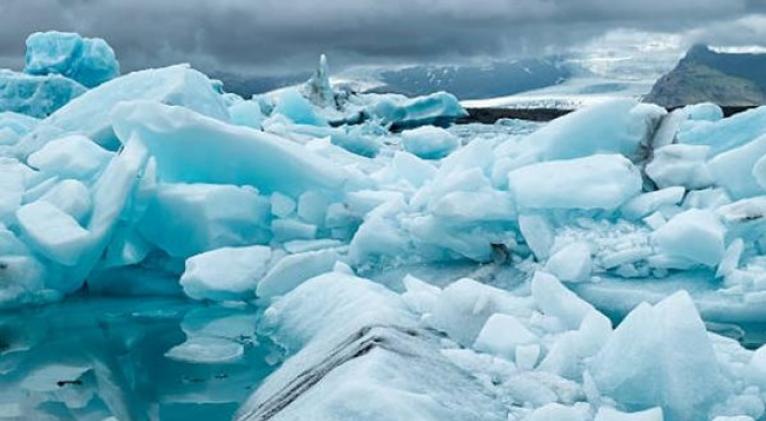
The prolonged period of time in which the Earth's temperature decreases globally and in which glaciers expand is known as the Ice Age. According to information published by the National Commission for the Knowledge and Use of Biodiversity of Mexico, the most recent one began 110 thousand years ago and ended approximately 10 thousand years ago.
Ancient records show that the last Ice Age changed the evolution of the human species. And, according to the scientific team from the University of California, the next one may have a similar effect.
This study published in the journal Science, shared information about the inclination of the Earth with respect to the Sun. These changes have caused giant layers of ice to move constantly during the last 800 thousand years.
This has caused both the beginning and the end of eight ice ages, that is, the expansion of continental ice from the polar caps and glaciers.
The lead author of the research, Stephen Barker, said that the findings showed that the next ice age would begin in 10,000 years. For him, this is due to the effects of global warming that have been caused by humans.
Ice periods or ages are known for being extremely cold and covering much of the planet with enormous sheets of ice that take thousands of years to fade. This is why it is considered that, just as it happened thousands of years ago, this would generate an impact on the ecosystem.
Currently, the Earth is in an interglacial stage, that is, it is facing a warmer season in which the ice sheets are retreating towards the poles. It is said that before this, the last glacial period reached its maximum point about 20,000 years ago.
According to information reported by the authors of the aforementioned study, the objective of the research is to calculate how the climate would act in the next 10,000 to 20,000 years without the impact of human activity.
Although there are debates on this topic, the above means that people are actually altering the Earth's cycles through global warming and accelerating what should be natural processes. Regarding this situation, Baker adds that: “If carbon dioxide remains at high levels, there will not be a new ice age.” (Text and Photo: Cubasí)